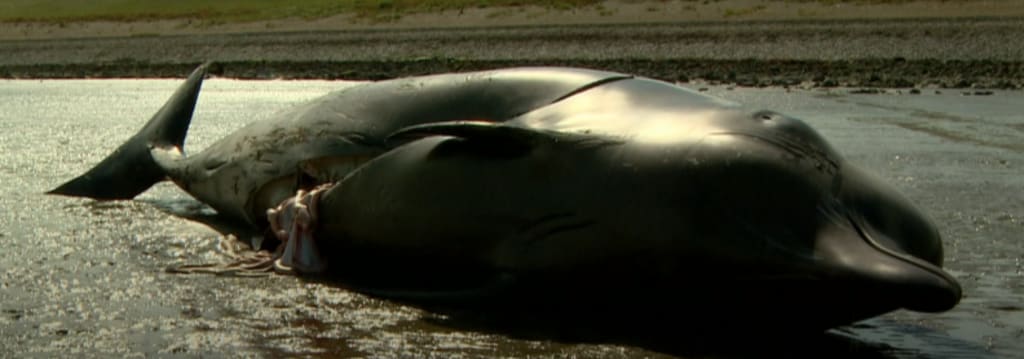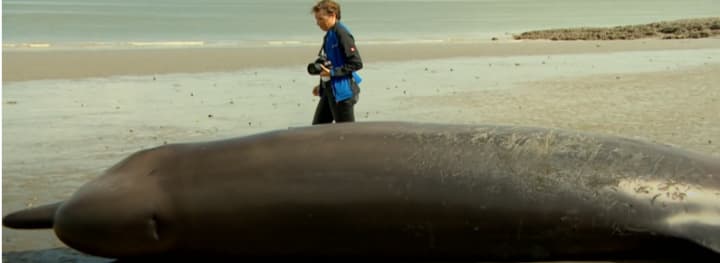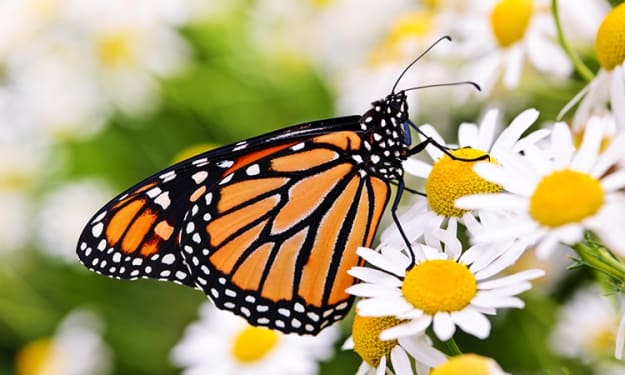

in Western Scheldt near Terneuzen, 'doomed young'.
One of the whales that were seen swimming in the Western Scheldt on Sunday was washed up dead near Terneuzen on Monday. According to SOS Dolfijn, this is an adult bottlenose whale of six meters. Her cub is still swimming around, but is also doomed.“If the calf still drinks milk from the mother, there is no chance of survival,” explains Annemarie van den Berg of SOS Dolfijn to Hart van Nederland. "The only thing we can do is keep an eye on the calf and possibly put it out of its misery." That is why there is a call to watch out for the whale cub.Rare in the Netherlands
The bottlenose whales were first seen in Zeeland almost three weeks ago. And that is special: the last sighting of the whale species in the Netherlands dates back to the 1990s. In the past fifty years, the animals have only been seen alive in our country twice before.The washed-up bottlenose whale was examined by researchers at Utrecht University on Monday. “The animal is too big to be transported, so we will carry out the research on site,” says researcher Lonneke IJsseldijk. "That should reveal how long the animal has been dead, what the cause of death is and why the bottlenose whale washed up here."
The whale mother was found with a large wound. SOS Dolfijn therefore assumes that the marine animal has been hit.

Disturbed by the Navy?
Butskops belong to a family of cetaceans called beaked whales. Yet they are not real dolphins. The animals hunt two kilometers deep. They use sound to find their prey. But this also makes the whales very sensitive to noise disturbance.For example, earthquakes under water. In addition, recent research has shown that sonar systems used by the navy can also seriously disrupt the natural behavior of the animals. SOS Dolfijn suspects that this is the reason for the stray and washed up bottlenose whales and other beaked whales.
Concerns about "mass stranding"
“It is a mass beach,” says Van den Berg. She says live animals have been seen off the coast of England. Seven live bottlenose whales washed up in Ireland in August. “Butskops are common in the North Atlantic and the Arctic Ocean. They cannot survive in shallow waters. ”The volunteers of SOS Dolfijn are therefore very concerned. “How do dozens of animals get into trouble in such a short period of time in an area where they don't belong”, Van den Berg wonders.






Comments
There are no comments for this story
Be the first to respond and start the conversation.